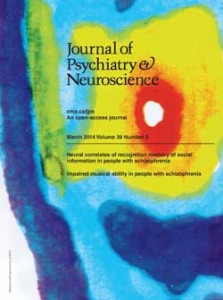 Waseda University has revoked the doctorate degree of the first author on the now-retracted Nature papers about a technique to create stem cells.
Waseda University has revoked the doctorate degree of the first author on the now-retracted Nature papers about a technique to create stem cells.
The technique — which claimed to provide a new way to nudge young cells from mice into pluripotency — was initially described in two 2014 Nature papers, both first-authored by Haruko Obokata. However, the papers were soon mired in controversy, corrected, then retracted later that year due to “several critical errors,” some of which were categorized by a RIKEN investigation as misconduct.
Shortly after Nature retracted the two papers, Waseda revoked Obokata’s doctorate degree — on a probationary basis, according to the university: Continue reading University revokes PhD of first author on retracted STAP stem cell papers
 An investigation at the University of Illinois at Chicago has found “a preponderance of evidence” that a psychiatrist who has received millions of dollars in federal funding has committed misconduct.
An investigation at the University of Illinois at Chicago has found “a preponderance of evidence” that a psychiatrist who has received millions of dollars in federal funding has committed misconduct.
 An open-access journal with a speedy peer review process has been having some issues with a retracted article on the biology of sex addiction.
An open-access journal with a speedy peer review process has been having some issues with a retracted article on the biology of sex addiction.




 A
A